Researchers found differences in gut bacteria between children with autism and typically developing children but caution that more research is needed to clarify these associations and their therapeutic potential.
By Priyanjana Pramanik, MSc.Reviewed by Susha Cheriyedath, M.Sc.Oct 20 2024 Scientists have discovered distinct gut bacteria in children with autism, offering clues to potential treatments. However, they emphasize the need for more personalized and cautious probiotic approaches.
Background Researchers estimate that in Egypt, 5.4 children in 1,000 have ASD. ASD, which can begin in early childhood and is a lifelong condition, involves repetitive behaviors and challenges in social communication. Psychobiotics such as Lactobacillus plantarum, Lactobacillus reuteri, and Bifidobacterium longum have shown promise for improving mood and social behavior, reducing disruptive behaviors, hyperactivity, anxiety, and inflammation while regulating key brain pathways related to ASD.
About the study Heatmap of the correlation between ATEC subscales and psychobiotic bacteria in children with ASD. The heatmap was generated using the Python programming language with the Seaborn and Matplotlib libraries. The color coding scale ranges from blue to red, indicating the strength and direction of each correlation, where blue indicates negative correlations and red indicates positive correlations.
To analyze the data, the researchers compared psychobiotic bacteria between ASD and TD children and examined relationships between ASD symptoms and bacteria levels. It is critical to note that while these correlations were observed, the study found no conclusive evidence that these bacterial levels directly influence the severity of ASD symptoms. Therefore, the therapeutic potential of psychobiotic treatments remains speculative.
Children Microbiome Anxiety Bacteria Brain Dysbiosis Genetic Lactobacillus Probiotic Probiotics Psychobiotics Research
United Kingdom Latest News, United Kingdom Headlines
Similar News:You can also read news stories similar to this one that we have collected from other news sources.
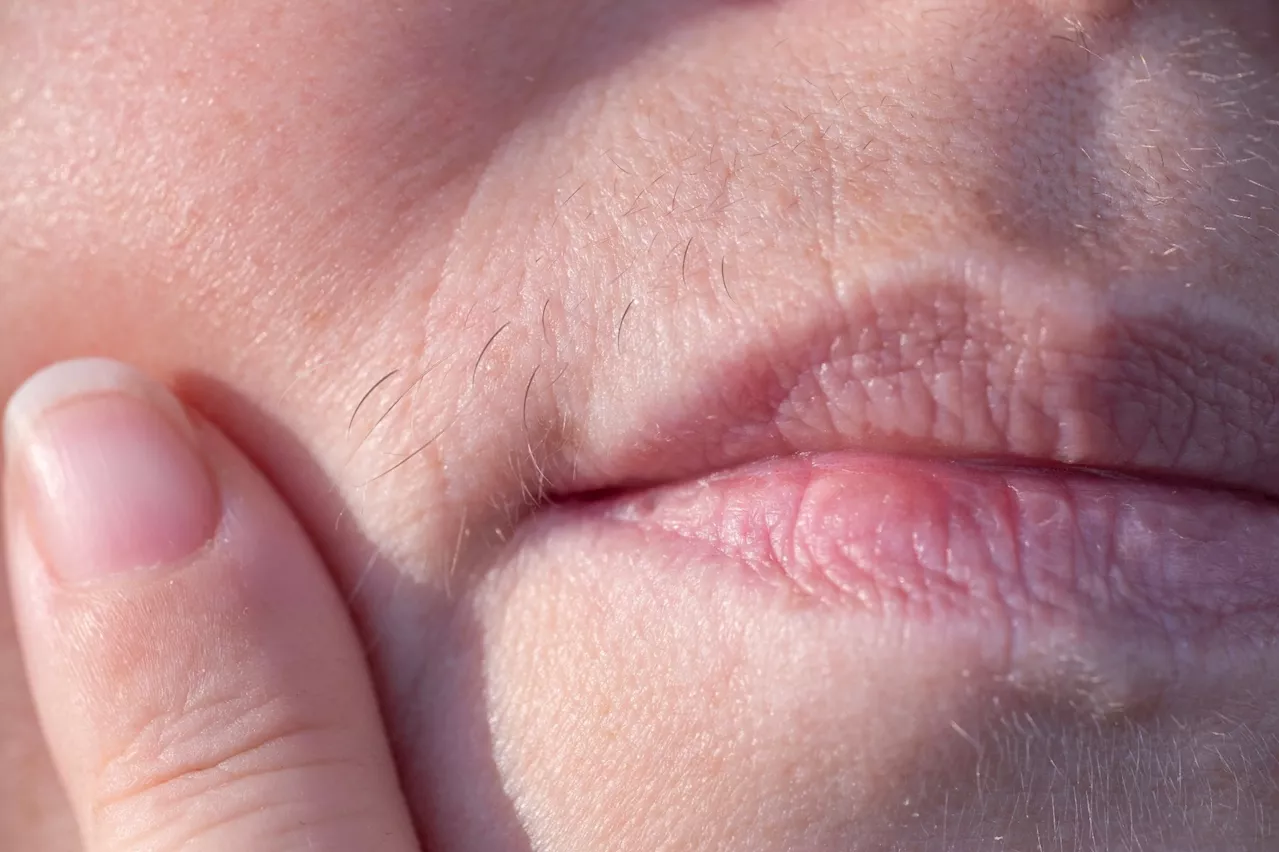 Researchers identify shared genetic variants between testosterone traits and PCOSA genome-wide study reveals significant genetic overlap between polycystic ovary syndrome and testosterone-related traits, highlighting shared causal variants.
Researchers identify shared genetic variants between testosterone traits and PCOSA genome-wide study reveals significant genetic overlap between polycystic ovary syndrome and testosterone-related traits, highlighting shared causal variants.
Read more »
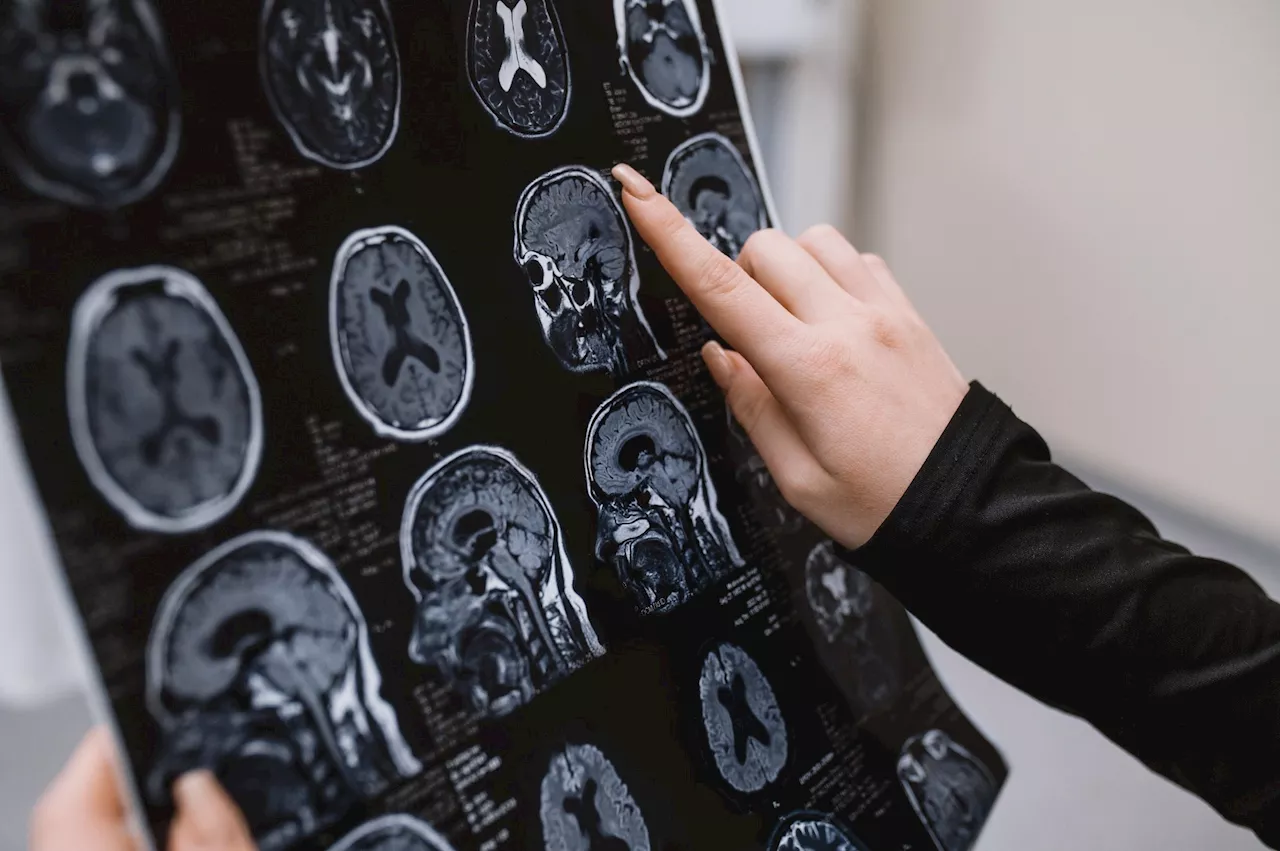 Researchers uncover distinct cell vulnerabilities in Alzheimer’s progression with novel multiomics approachResearchers used single-cell and spatial genomics to map cell-type-specific changes in the middle temporal gyrus, identifying distinct disease phases in Alzheimer’s progression.
Researchers uncover distinct cell vulnerabilities in Alzheimer’s progression with novel multiomics approachResearchers used single-cell and spatial genomics to map cell-type-specific changes in the middle temporal gyrus, identifying distinct disease phases in Alzheimer’s progression.
Read more »
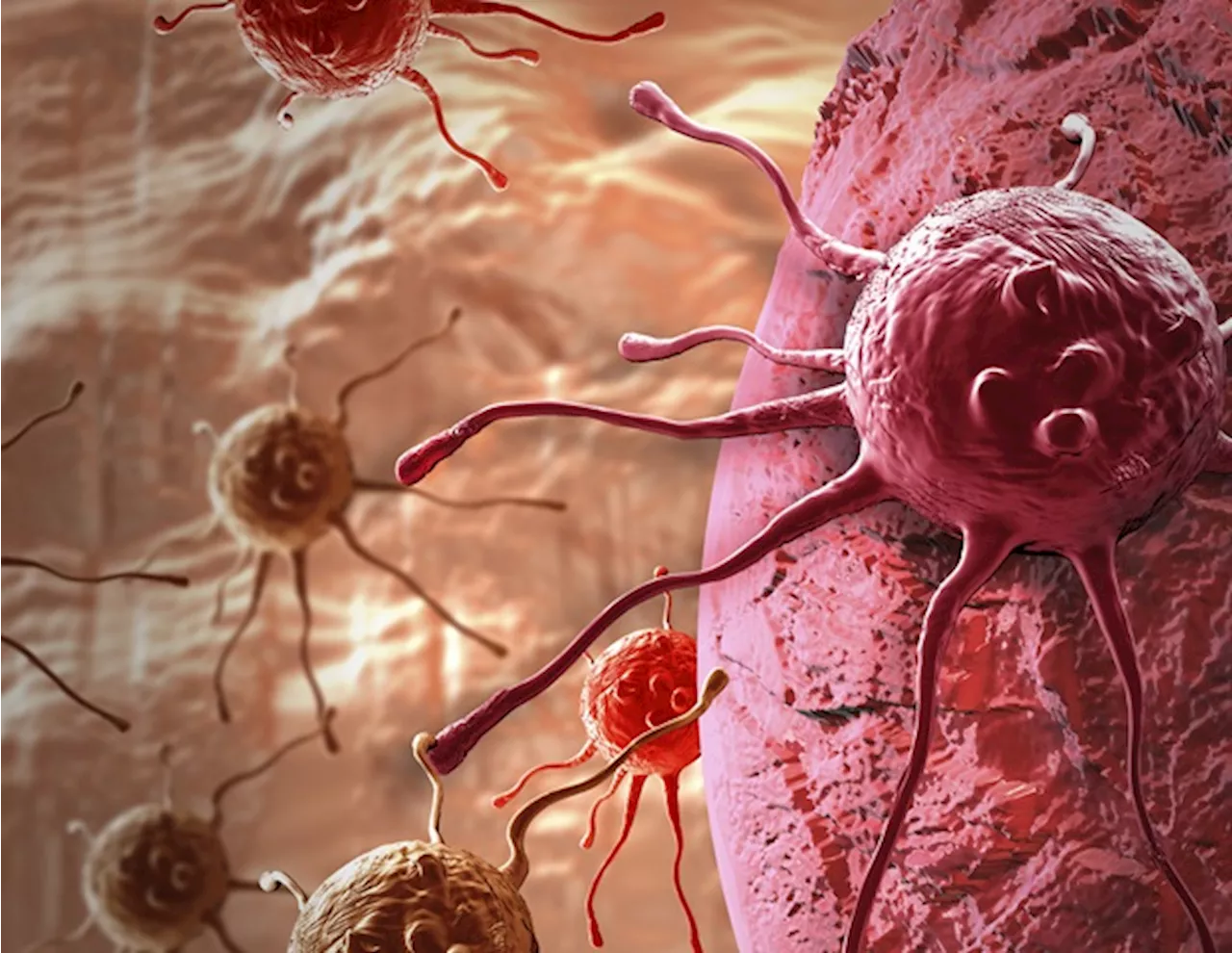 NYU Langone researchers address the challenges of heart failure in cancer patientsA new scientific statement issued today by the Heart Failure Society of America highlights a critical connection between heart failure (HF) and cancer, with shared mechanisms contributing to the incidence and progression of both diseases.
NYU Langone researchers address the challenges of heart failure in cancer patientsA new scientific statement issued today by the Heart Failure Society of America highlights a critical connection between heart failure (HF) and cancer, with shared mechanisms contributing to the incidence and progression of both diseases.
Read more »
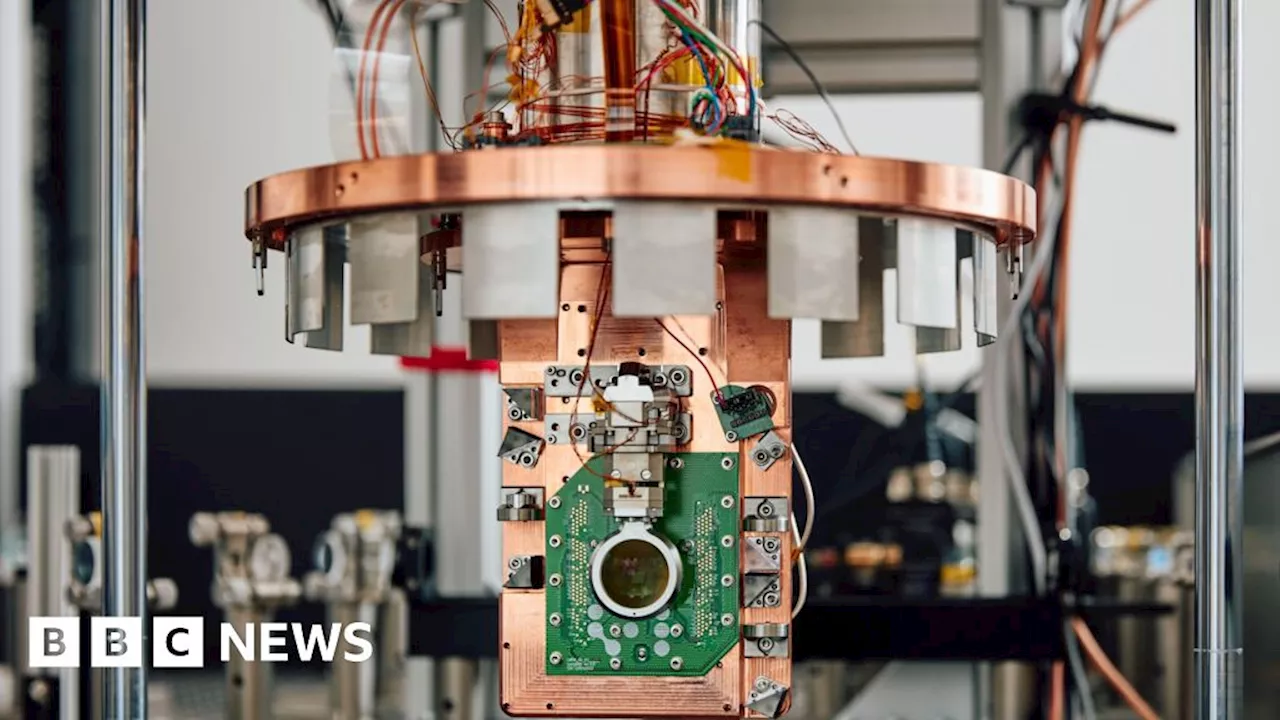 Quantum computers 'like magic', say Oxford university researchersResearchers from Oxford University’s physics department are among those developing quantum computing.
Quantum computers 'like magic', say Oxford university researchersResearchers from Oxford University’s physics department are among those developing quantum computing.
Read more »
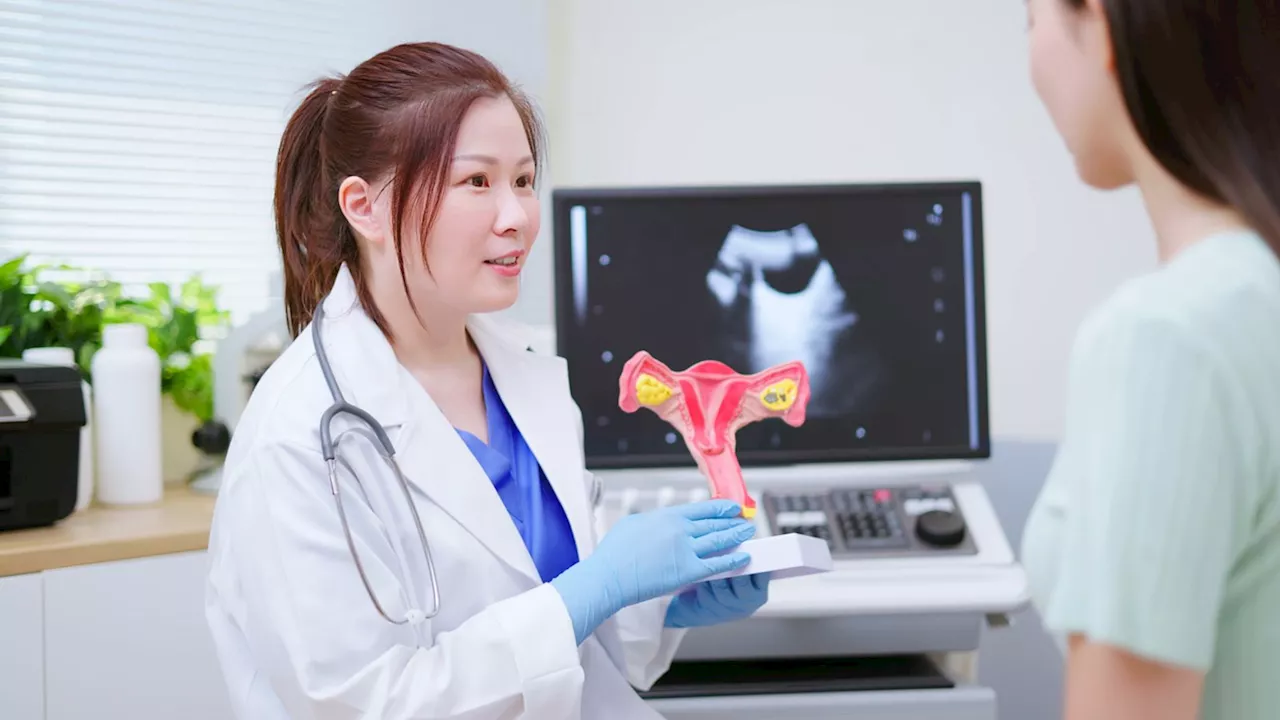 Simple tweak to cervical cancer treatment cuts risk of death by 40%, say researchersThe trial studied whether a short course of chemotherapy before chemoradiation could cut death and relapses among patients with certain types of cervical cancer.
Simple tweak to cervical cancer treatment cuts risk of death by 40%, say researchersThe trial studied whether a short course of chemotherapy before chemoradiation could cut death and relapses among patients with certain types of cervical cancer.
Read more »
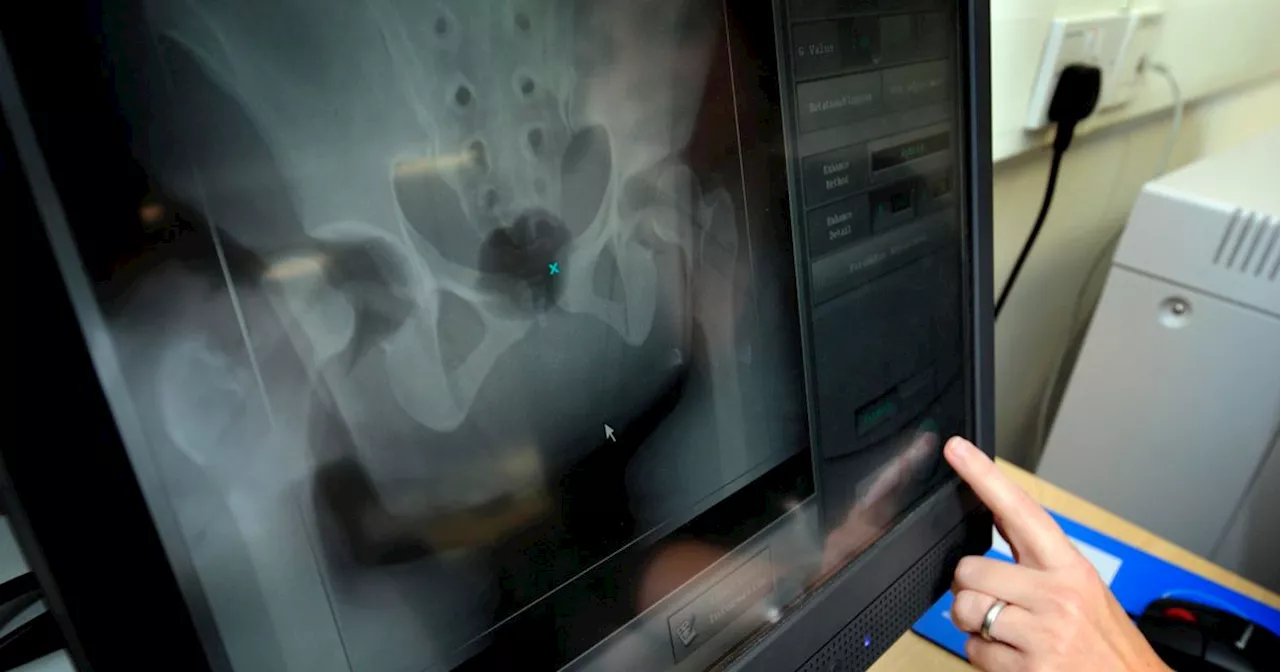 Man born with three penises discovered by student researchersResearchers from the University of Birmingham Medical School stumbled across the “serendipitous discovery” while dissecting the donated body of a 78-year-old man
Man born with three penises discovered by student researchersResearchers from the University of Birmingham Medical School stumbled across the “serendipitous discovery” while dissecting the donated body of a 78-year-old man
Read more »
